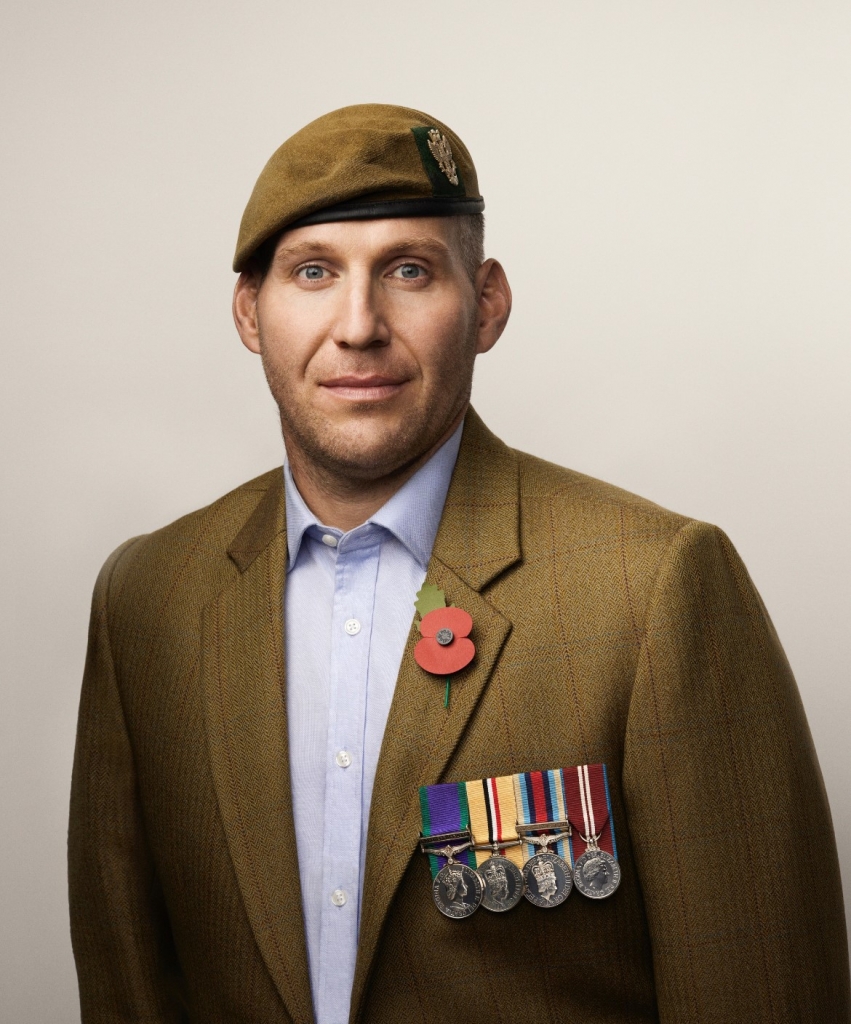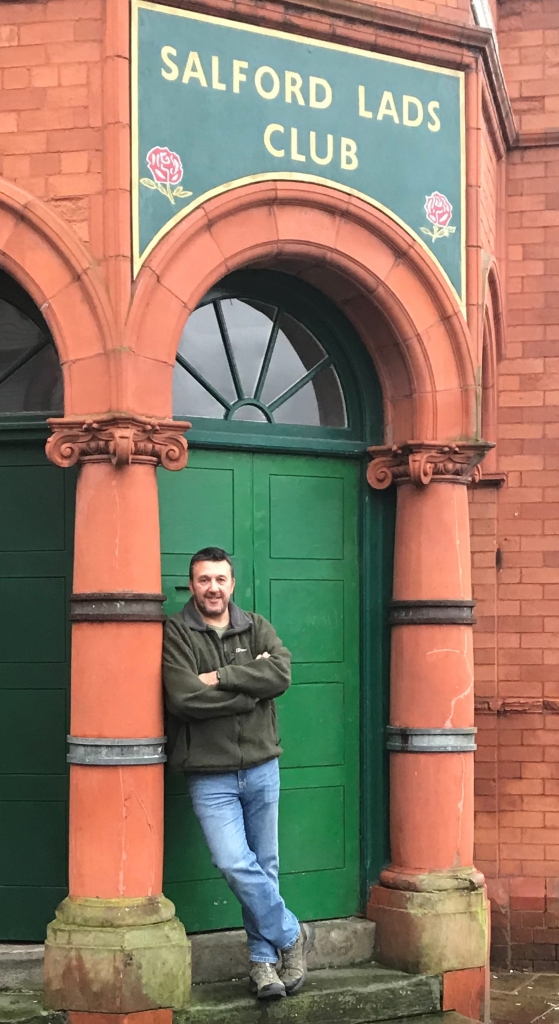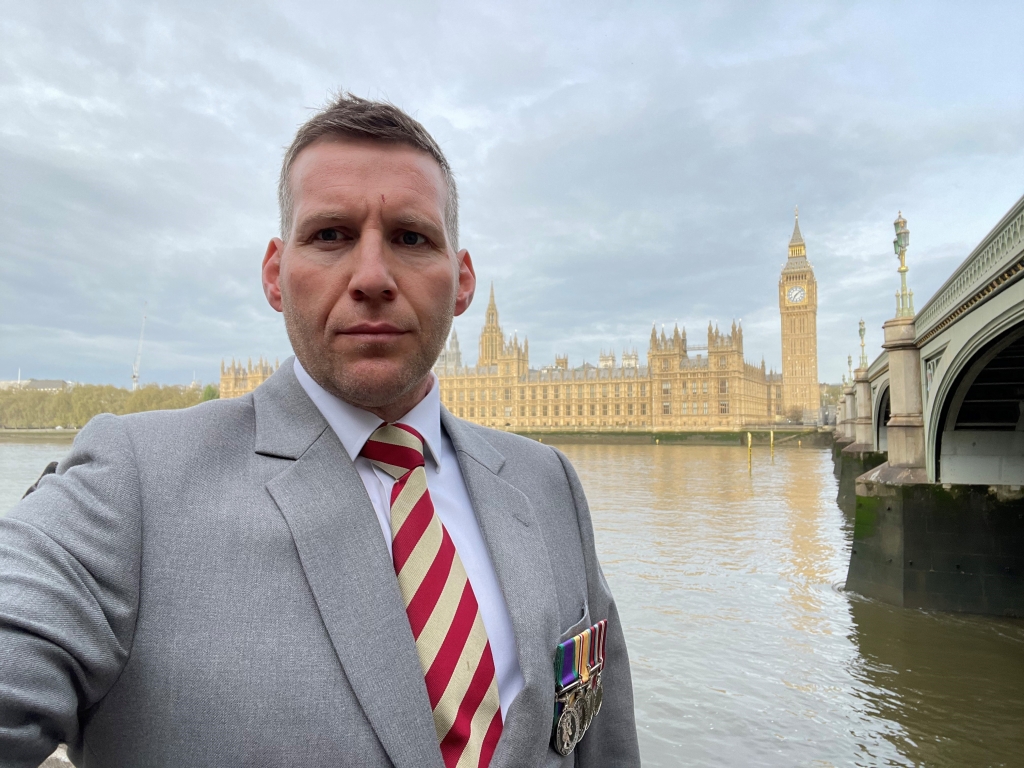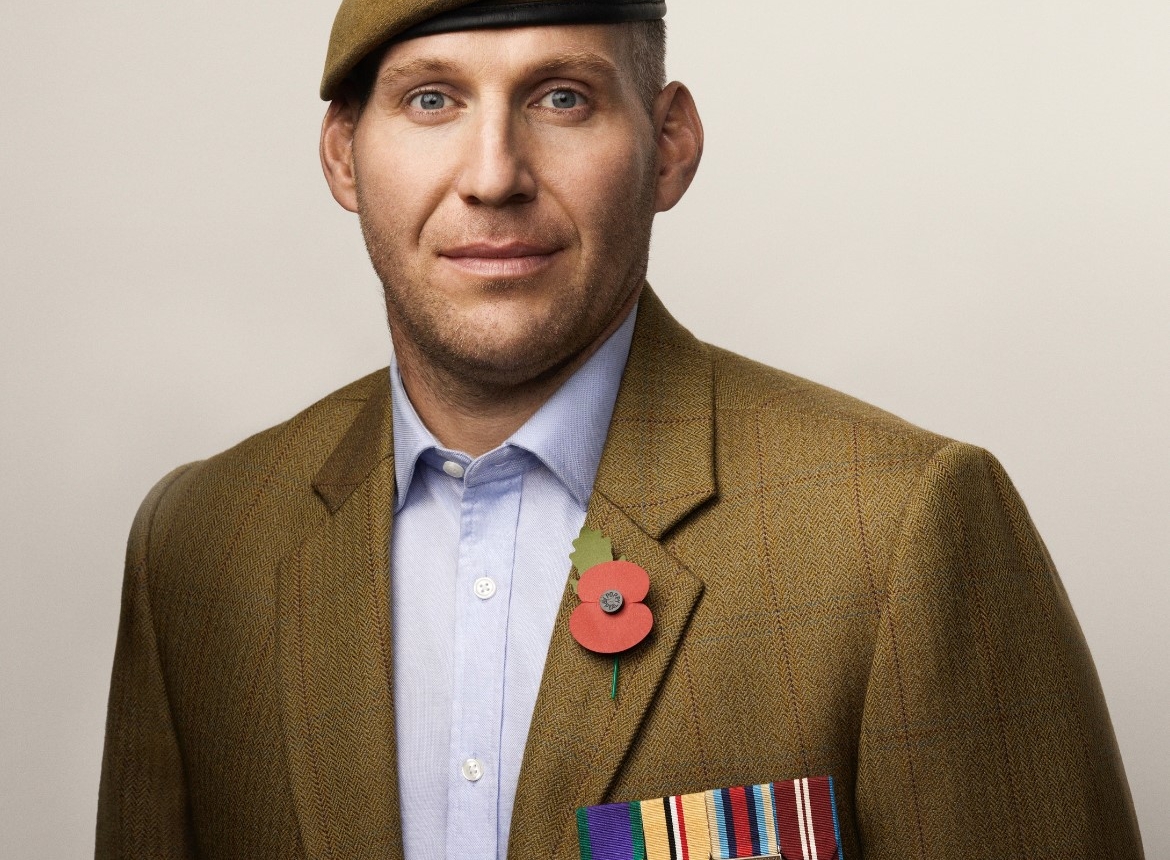As a proud member of the Armed Forces Covenant, the University of Salford has pledged to support those who serve or have served in recognition of their contribution to the nation. Whether it’s finding a new career, accessing healthcare, education or well-being support, the University of Salford is proud to support veterans in all aspects of their lives and careers.
As such, we are delighted, as part of Armed Forces Day 2023, to celebrate and share the stories of our veteran alumni.
We spoke with Aaron McKevitt, Applied Geographical Information Systems, Class of 2020; Loz Moore, Contemporary Military & International History, Class of 2004 and Richard Hodgins, Social Work Studies, Class of 2012, to discover more about what drives people to join the Armed Forces, and what Armed Forces Day means to them.

Tell us about your career in the Armed Forces.
Aaron:
I began my career in the Armed Forces as a 16-year-old looking to join the Royal Engineers. I attended basic training at the Army Foundation College in Harrogate. From there, I attended Combat Engineering School in Surrey, a course attended by all Royal Engineers attend this course. I then went on to the Royal School of Military Survey to undergo my trade training as an ME Geographic Technician.
I spent 8 years as an ME Geo Tech and was deployed around the world including 2 tours of Afghanistan, the Falkland Islands, the US, Germany and Sri Lanka. I briefed some of the highest-ranking officials in the world and I was directly involved with the build, testing and deployment of new defence hardware. I supported some of the British elite fighting forces, developed training programmes for juniors, was actively involved with the Regiments boxing and rugby programmes and managed to enjoy every minute of it.
Upon leaving, I believed it was in my best interest to gain further qualifications and enrolled with the University of Salford to gain my MSc in Applied Geographic Information Systems.
Loz:
Following graduation from Contemporary International and Military History at Salford University, I had the privilege of attending The Royal Military Academy Sandhurst and being commissioned into The Cheshire Regiment. This was at the height of The War on Terror, so my 10-year career was very operation focused. I deployed to Northern Ireland, Iraq and Afghanistan as a Platoon Commander and led an amazing range of men and women in combat.
The motto of RMAS is ‘Serve To Lead’ and it is something I have lived by ever since. To have the honour of leading our brave warriors into battle is a unique privilege not many are given. I saw the world, met people from all classes and backgrounds, saw truly epic things and genuinely felt I made a difference.
The diverse range of jobs, and opportunities to study, play and excel within the military are peerless and if I could, I would definitely do it again.
Richard:
I tried to join the army at 16 but my mother refused to give consent. On my 18th birthday in November 1985, I went back to the Army careers office and joined up. I told my mum the day before I left for basic training. Like a lot of soldiers, I didn’t do well in secondary education and needed a route out of the town I lived in. The army was the perfect escape plan.
My initial thoughts were to do basic training, trade training and then three years and out. But, as they say in the army, no plan survives contact with the enemy!
I served in Northern Ireland, the Gulf War and Bosnia-Herzegovina, reached the rank of Warrant Officer and gained numerous qualifications before I left after 22 years. Not bad for someone who left school with 10 Park Drive and a ripped blazer.

What did you learn from your time in HM Forces?
Richard:
I learned that everyone has value and plays an important part in a mission. I learned that courage is not charging machine gun fire, but to do the right thing even when it’s the most difficult option. I learned that discipline isn’t a mustachioed man shouting at you on a parade square. It comes from within oneself.
I learned that respect isn’t guaranteed and it’s far easier to give respect until the recipient loses it. I learned that integrity breeds respect from others and helps you sleep better at night.
I learned that loyalty is something we all desire because only when it’s present do we have complete trust.
I learned that selflessness is a virtue and wins you friends, trust and breeds camaraderie.
What is the most important thing you learned at Salford?
Aaron:
I believe the most important thing I learned whilst at Salford was time management and academic writing at a master’s level. I was studying part-time whilst working on a project in Northern Norway which had me working up to 100 hours per week (at times) and being able to manage my time, whilst understanding the theoretical and practical application that was being taught on the course was a challenge. My thesis was a difficult one to compose as there was not much academic literature on the subject but self-reflection throughout enabled me to acquire my MSc with a Merit.
Loz:
My course offered an exchange to Wayne State University in Detroit, USA where I spent my second year. I gained a huge appreciation for our American cousins that year, learned a lot about military history from a US perspective (Vietnam, Nuclear proliferation, Native American History) and met some amazing people.
Considering that I would go on to work closely with our US allies in Germany, Iraq and Afghanistan, this exchange stood me in great stead, and I would strongly encourage any student to seize this opportunity. To study overseas opens one’s eyes to the wider world, creates lasting memories and shows us that we are all so similar.
What advice would you give to people seeking a career after the Forces?
Aaron:
It can be quite daunting but if you approach it with an open mind, you will honestly enjoy it. You will likely gain friends for life, be exposed to the highest level of team effectiveness you can possibly get and acquire skills that will set you up once your time is at an end.
Loz:
Since leaving the military, I co-founded a charity with another Salford alumnus which created a pathway into the construction industry for service leavers. A big motivator for this was a lack of transitional opportunities for a post-military career. However, things have improved greatly over the last few years with similar programmes for many industries as well as employers identifying the wealth of experience and transferable skills that service-leavers bring to the table. However, that said, if you decide on a career in the military, don’t worry about life afterwards just yet. Enjoy all the training, development and opportunities that a military career will bring and when the time comes to transfer, rest assured that you will have all the skills and attributes to go onto a highly successful secondary career.
Richard:
Try to understand that we all have limits. Yours are way beyond where you think they are, and the army will take you to them.

Finally, what does Armed Forces Day mean to you?
Aaron:
Armed Forces Day is a day that should be celebrated nationally. Unfortunately, it is not quite at the level that it should be, but hopefully it will get there with more exposure. As Brits, we have struggled to gauge and understand what a career in the Armed Forces means and the impact it has on the daily lives of every citizen – both directly and indirectly. If it were elevated in status, it would also drive more recruitment and, potentially, retention as it would be seen as a worthwhile career.
Loz:
Armed Forces Day along with Remembrance Day are very special days which unite the nation. As the military continues to reduce in numbers, the amount of people who have a connection to the military reduces too. Therefore, these days give an opportunity for all to celebrate the incredible sacrifices that this small number of people make on behalf of our nation. Whilst we may feel outside of society most of the time, deploying across the world on behalf of the U.K., Armed Forces Day allows that point of recognition and connection which makes it all worthwhile.
Richard:
It’s a day when I feel proud to have stood shoulder to shoulder with some of the bravest, kindest and emotionally and socially intelligent people I have ever had the privilege to meet.
Meeting with our Armed Forces alumni was a privilege and incredibly inspiring. We would like to thank Aaron, Loz and Richard for contributing to this blog and for their service.
We would also like to thank all our alumni in the Armed Forces for their service.
If you are an alumnus who wants to share their story or advice, please do not hesitate to contact me or the alumni team.
Amos Brooks – Alumni Engagement Officer:
LinkedIn: Amos Brooks | LinkedIn
Alumni Team:

 GRADUATE VOICE
GRADUATE VOICE 
 Twitter
Twitter Facebook
Facebook Google+
Google+ LinkedIn
LinkedIn